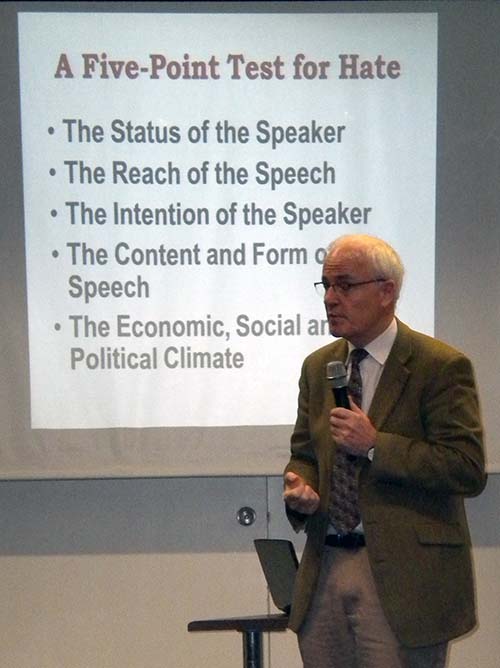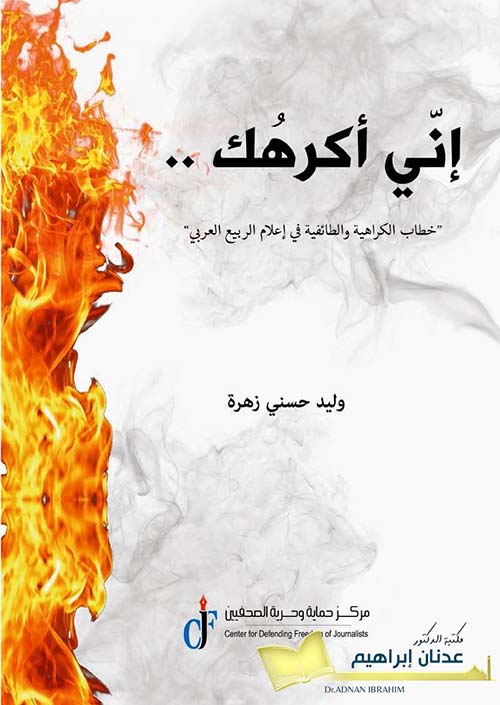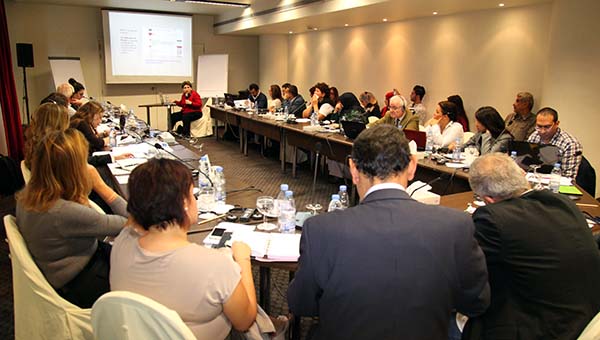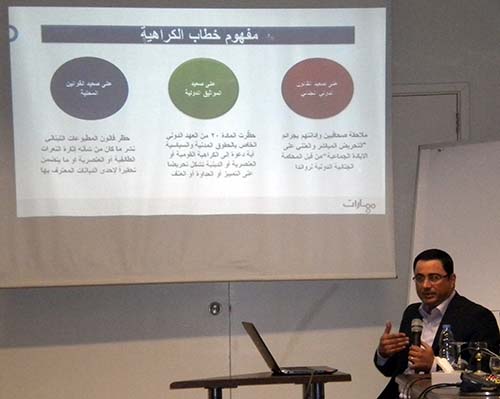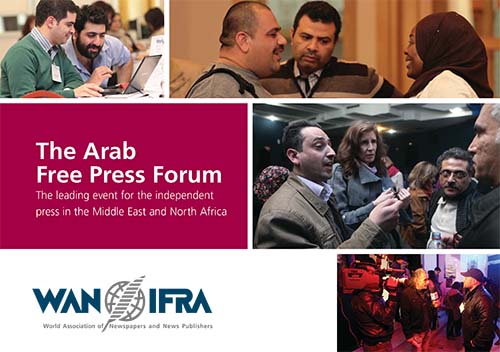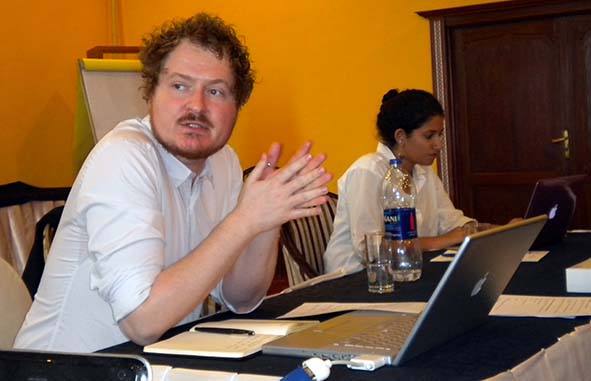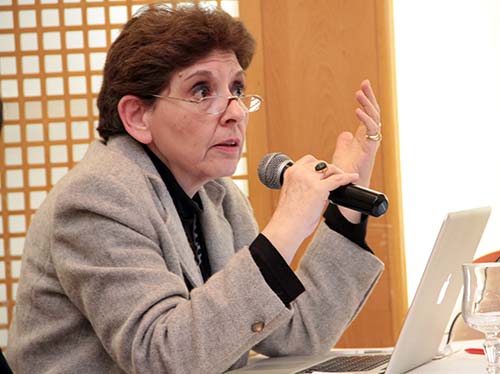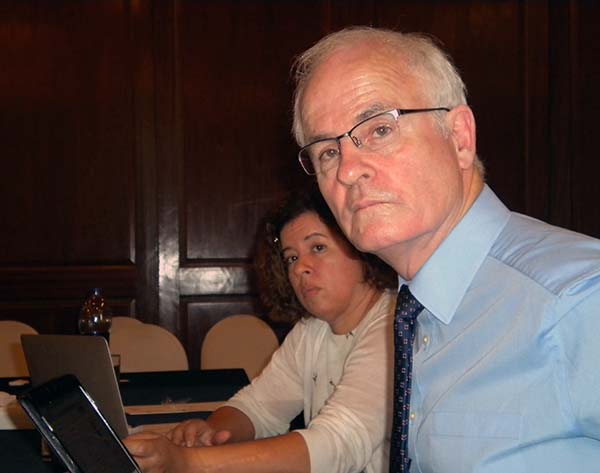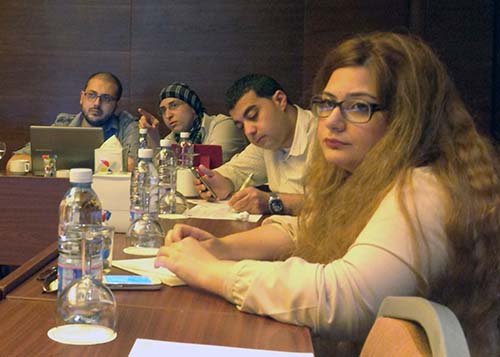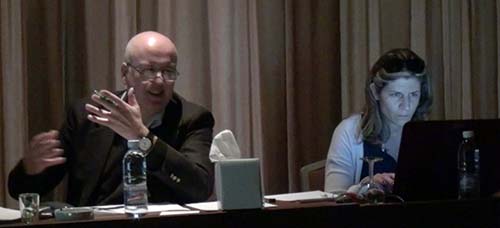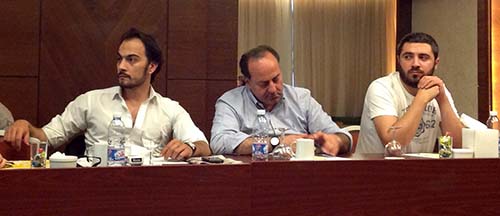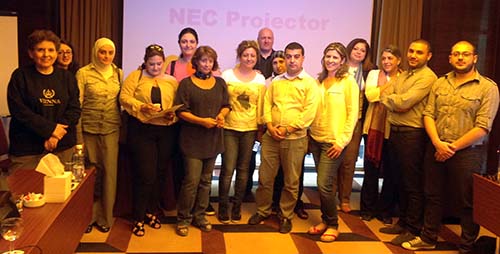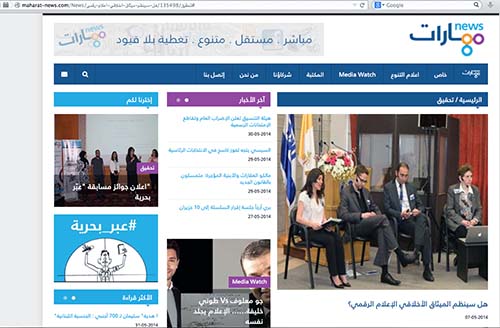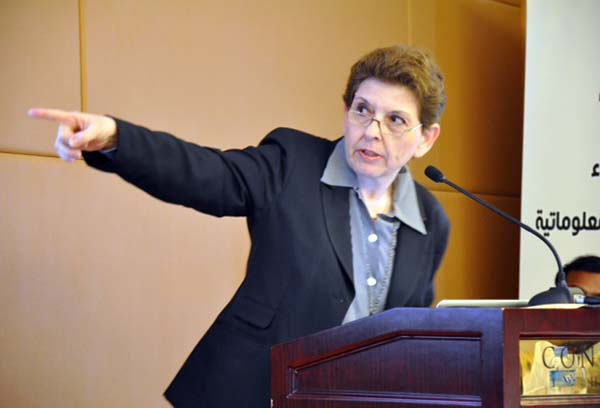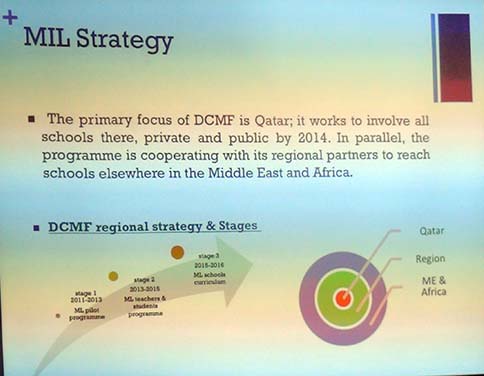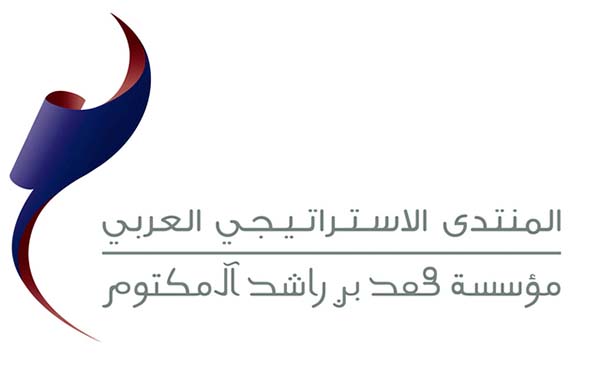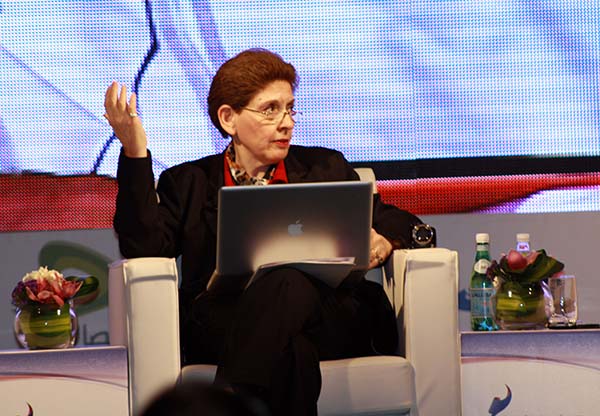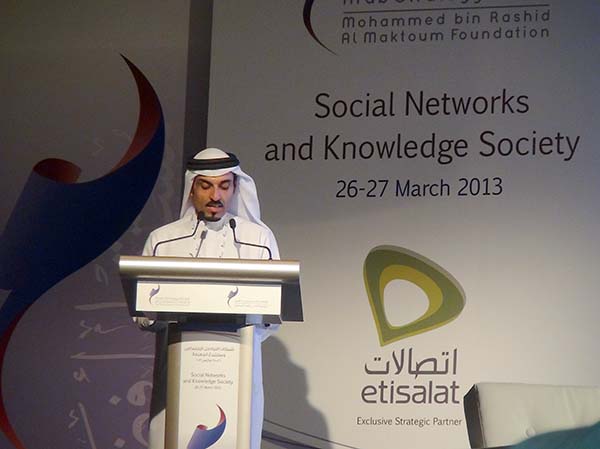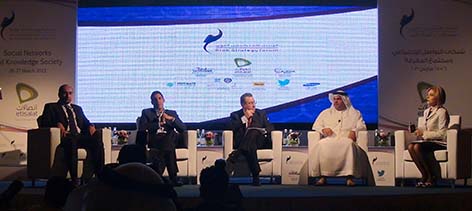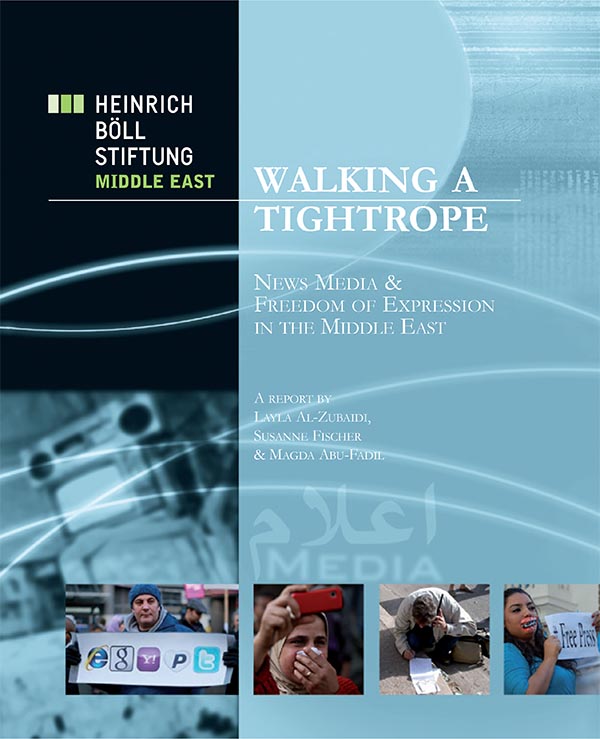There’s never enough said about media ethics, notably when it involves hate speech perpetuated by the media.
So the London-based Ethical Journalism Network (EJN) partnered with Beirut’s Maharat Foundation and the Norwegian Institute of Journalism and convened experts from across the Middle East and North Africa to discuss how to combat hate speech in the media.
I Hate You: Hate Speech and Sectarianism in Arab Spring Media is a good example of what we face today. It’s a 385-page book of well-documented case studies from across the region.
Media Unlimited director Magda Abu-Fadil brought up the need for serious review of media ethics and presented guidelines on good journalistic practice at the November 2014 seminar in Beirut.
There are regular calls to end sedition and sectarianism in Lebanon, she noted, but said there were no serious efforts to hold the media, bloggers and activists accountable, without resorting to draconian measures like jail sentences and banning of outlets.
She pointed to the Arabic Online Media Ethics Guide launched with colleague Rouba El Helou in May to help netizens publish acceptable content.
“There’s a great need to shed light on hate speech that leads to murder and other crimes,” said Abdel Salam Sidahmed, the Middle East regional representative at the Office of the High Commissioner for Human Rights (OHCHR), adding that racism was on the rise on the Internet and in social media.
Attorney Tony Mikhael, who oversees Maharat’s media monitoring arm, explained hate speech in legal terms in Lebanon.
The event’s participants hailed from Lebanon, Syria, Jordan, Egypt, Morocco, Algeria, Tunisia, Yemen, Bahrain, Iraq, Qatar, Turkey and Norway.

